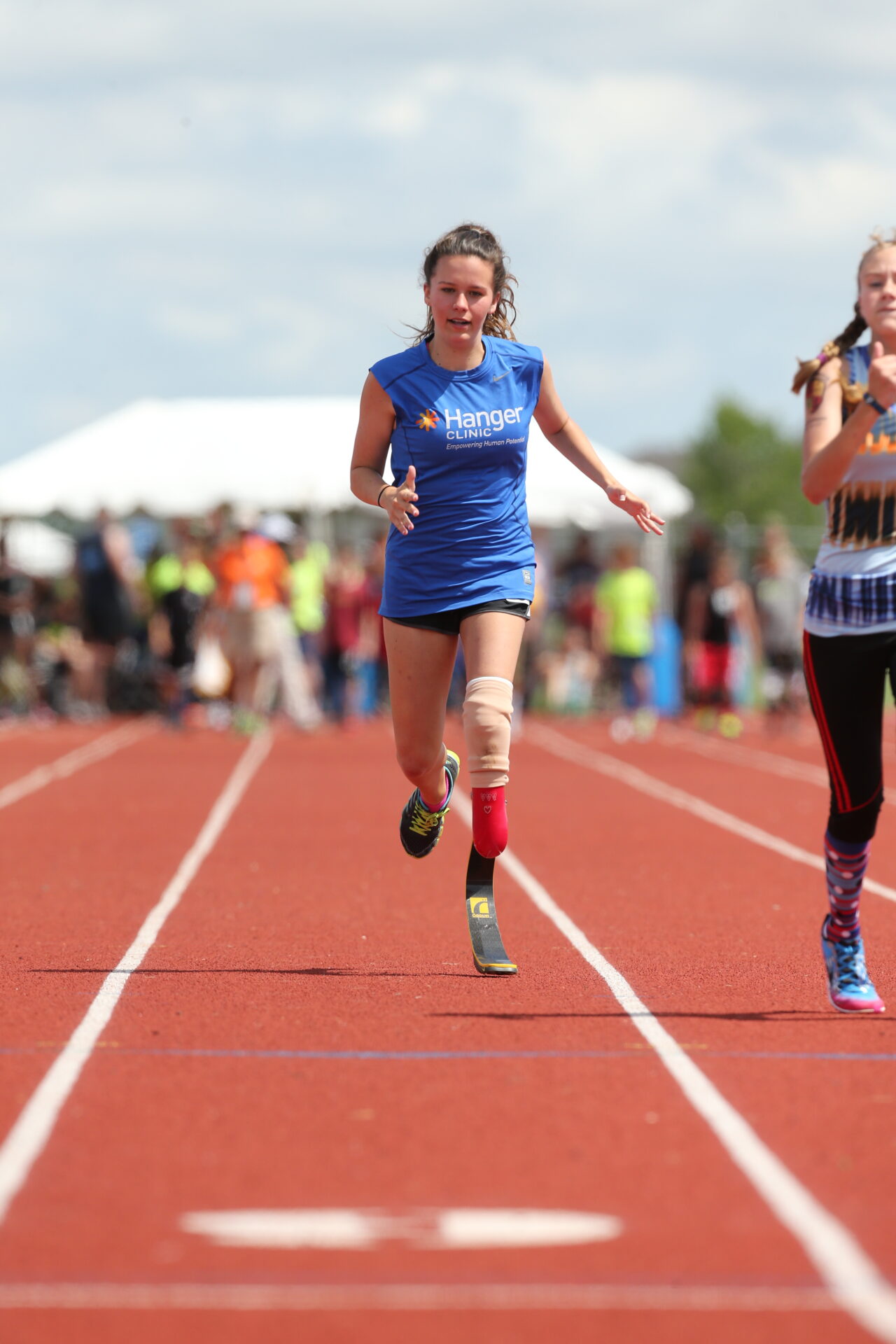New Mexico Orthotic and Prosthetic Legislation
New Mexico Passes Legislation Supporting Coverage of Custom Orthoses and Prostheses
No single prosthesis can replace the vast array of fundamental human movements lost from amputation, disease, or disorder. That’s why you may need specialized prostheses designed for activities beyond just standing and walking. These specialized devices can help with movements like running, hopping, skipping, twisting, kneeling, jumping, swimming, dancing, biking, and more. They provide stability, prevent damage, and minimize injury to both your body and the device.
New Mexico Legislative Activity
In 2023, New Mexico passed HB-131. This legislation requires fully-insured commercial health plans to provide coverage for custom orthotic and prosthetic care when it is determined by the beneficiary’s treating physician and associated medical providers to be medically necessary to meet the needs of the patient to perform physical activities, including running, biking, swimming, and activites that maximize upper limb function. This coverage also includes all services and supplies necessary to use a custom orthotic or prosthetic device effectively. Supported by So Every BODY Can Move, this legislation became effective on January 1st, 2024, with Medicaid and Medicaid Managed Care plans following suit and updating their medical policies to reflect this coverage as well.

What does this mean for the citizens of New Mexico?
People of all ages may qualify for coverage. If you currently use an orthotic or prosthetic device but struggle to participate in sports or general physical activities due to limitations of your daily use device, and you could benefit from the increased physical activity that a specialized or activity specific orthotic or prosthetic device would provide, reach out to your orthotist or prosthetist to discuss whether you qualify for a secondary prosthetic or orthotic device.
Would you benefit from a specialized orthosis or prosthesis for specific physical activity?
- What specific current mental and physical health conditions might be improved by increased physical activity and how?
- How might your overall quality of life be improved by engaging in physical activities that you are unable to do with your daily use device?
- Are there any health concerns that could develop from increasing your physical activity?
Running requires different biomechanics than walking. When running, more push-off energy is generated by the ankle than during walking, and upon heel strike, the vertical impact of running can equal around four times one’s body weight. The good news is that there are prosthetic devices specifically designed for running to maximize shock absorption and energy return while improving stamina and minimizing injury.
Michael Oros, CPO, FAAOPPresident of Hanger Clinic
Request a Free Evaluation
Reach out to your physician, therapist, or orthotist/prosthetist to discuss if an orthosis or prosthesis for physical activity may benefit you.